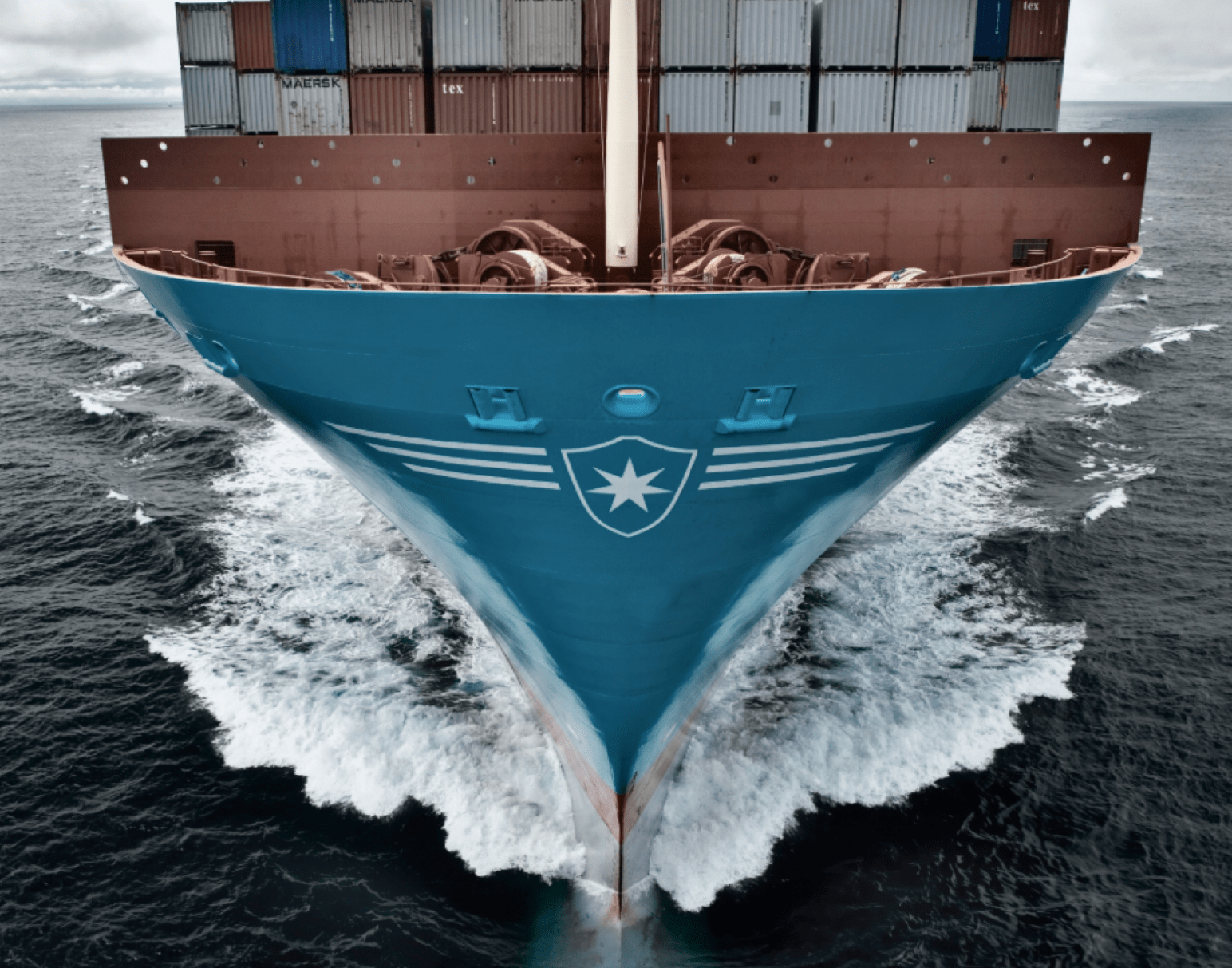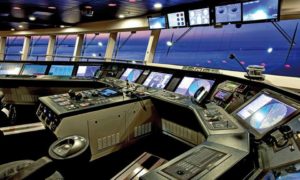IoT system reduces CO2 emissions
With the largest fleet in the world, Maersk is the leading provider of ocean container transport.
In order to reduce the fuel consumption and CO2 emissions from their massive fleet of container ships and to support their ambitious target of net-zero CO2 emissions from operations by 2050, Maersk set out to create a new system for data capture and vessel fuel consumption overview.

The challenge
The idea was to create a basis for more detailed analysis and recommendations for senior officers as to how they can reduce fuel on their voyages.
Furthermore to create an on-shore live overview of fuel consumption within and across vessel classes and to ultimately provide central feedback and recommendations for each vessel.
The solution
CIM was initially asked to provide a proof of concept on a fuel surveillance system that was to run on only a few vessels.
The system’s backbone was the collection and normalization of vessel data, the robust connectivity from vessels at sea back to a shore-based 3-tier front end – server – database system hosted in Azure.
The concept proved to be very promising and has since developed into a fully-fledged system, which includes vessel data acquisition systems, connectivity systems, Azure hosted data, business logic, presentation, and decision support.
A fully integrated IoT system
The result
As a result of this project, Maersk now operates a fully integrated IoT system that provides a shared reality of fuel consumption on-shore and at the vessel.
This has led to a significant reduction in fuel consumption and thereby CO2 footprint and as such represents a solid step forward in reaching the company's ambitious targets - with the added bonus of enhancing the overall competitiveness of Maersk.
Watch the video for Maersk's own take on the project.
Should we help you with an IIoT solution too?





